May 27, 2023 The Brussels Times/ Belgium's forgotten war? Korea conflict turns 70
- Writeradmin
- Date2023-05-27 00:00:00
- Count1933
- URL https://www.brusselstimes.com/517817/belgiums-forgotten-war
Belgium's forgotten war? Korea conflict turns 70
In July, the veterans association and the Belgian army will commemorate the 70th anniversary of the Belgian participation in the Korean war.
From his home in the rural Flemish municipality of Oudsbergen, Raymond Behr shows his collection of medals.
At just 17 years old, Behr was one of the 3,172 soldiers sent by Belgium to help defend South Korea from invading North Korean troops. 106 Belgians never returned, including some of Behr's comrades. Those who returned never received a hero's welcome.
The Korean War was one of the bloodiest engagements since the end of the World Wars, including for Belgium. Now aged 90, Behr helps keep the memory of his compatriots alive – both in Belgium and in South Korea.
The veteran is now National President of the Royal Fraternity of the Volunteer Corps of Korea (KVVKK), an association of veterans and their families of Belgian troops who fought in Korea.

King Philippe and Belgian veteran Raymond Behr pictured during a Commemoration ceremony at the War Memorial of Korea and a visit of the Belgian Monument on the second day of a State Visit in Seoul, South Korea, Tuesday 26 March 2019. Credit: Belga / Benoît Doppange
Belgium's forgotten war
Following the end of the Second World War, Imperial Japan was forced to give up control of Korea. The peninsula was divided between the Soviet Union in the north and the US and its allies in the south. Neither accepted the border as being permanent.
On 25 June 1950, North Korea launched a surprise invasion on Western-backed South Korea, with the intention of occupying the entire Korean Peninsula. After a blistering attack, backed initially by the Soviet Union, the war seemed to be over before it had even started. By 28 June, communist forces aided by China launched a blitzkrieg and seized the South Korean capital of Seoul (just 50km from the border).
Months later the UN committed an international effort to help push back the invading North Korean troops. Forces from 22 countries pledged combat troops and medical assistance to South Korea, including the US, the UK, Canada and Belgium. Yet despite the arrival of UN forces, the South was on the retreat by August 1950. The Allied forces set up a perimeter around the city of Pusan in the south of the country to prepare for a final stand.
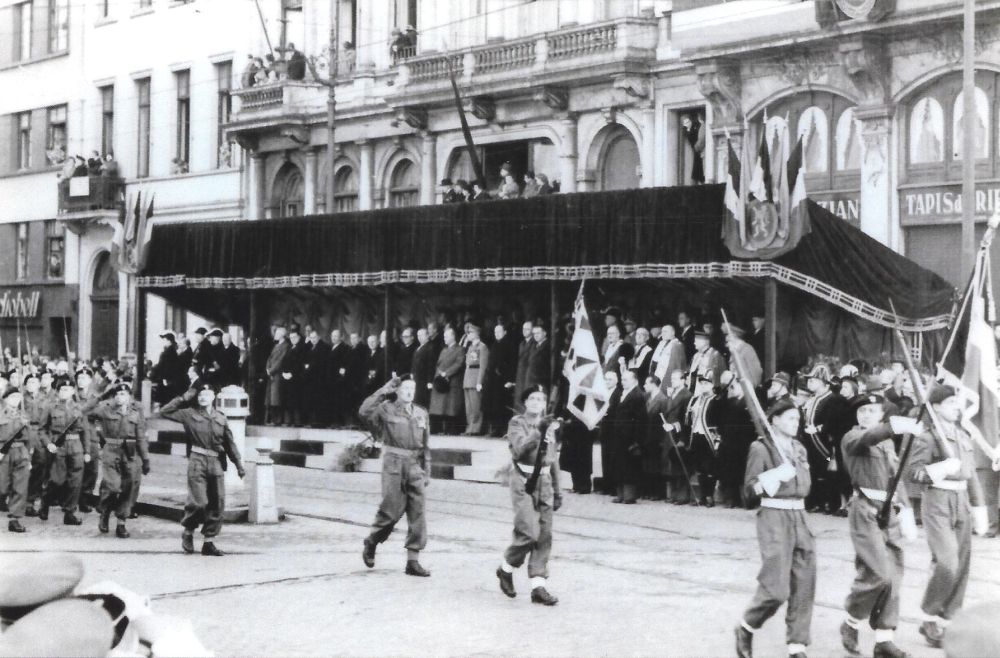
Credit: KVVKK
Belgium was slower to pledge its troops to the war but Behr remembers well the creation of Belgium's first volunteer battalion. The Belgian volunteers were known for their brown berets and uniforms.
"When the war started in June 1950, we Belgians didn't have a law to send volunteers outside the country," Behr explained. "They first had to make a law which went to the Senate."
After the creation of the first law that would allow traditionally neutral Belgians to send troops abroad, some 4,000 young men gathered in the municipality of Leopoldsburg in Limburg to attempt to join the newly formed 'Belgian Volunteer Corps for Korea'. Behr was among them.
"In the 1950s, the economy was low and lots of people wanted a job… They picked out around 700 young fellows for the first battalion. They came from all walks of life. Some had good manners, some not… Some came from military school, some were unemployed, some wanted to see the world, some even had troubles with the law."
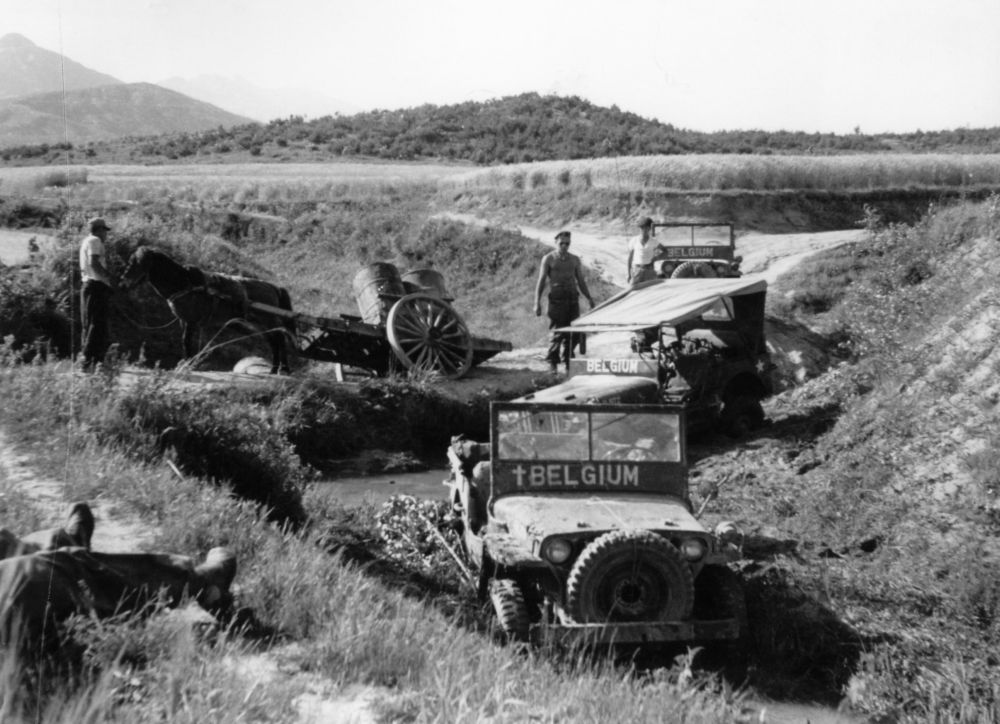
Credit: KVVKK
Finally, a battalion of 843 men, as well as 78 men from Luxembourg, were trained and armed by the British. The battalion was attached to the British 29th Infantry Brigade, crudely nicknamed the 'Frozen Arsehole' for its white circle formation badge.
Into the grinder
Arriving in January 1951, Behr and his fellow volunteers were thrown right into the fray, facing some of the fiercest battles of the war.
By this time, UN and South Korean forces had successfully pushed back the North Korean forces. Seoul changed hands several times during the conflict but was captured as Belgian forces arrived to take their positions near the 38th parallel.
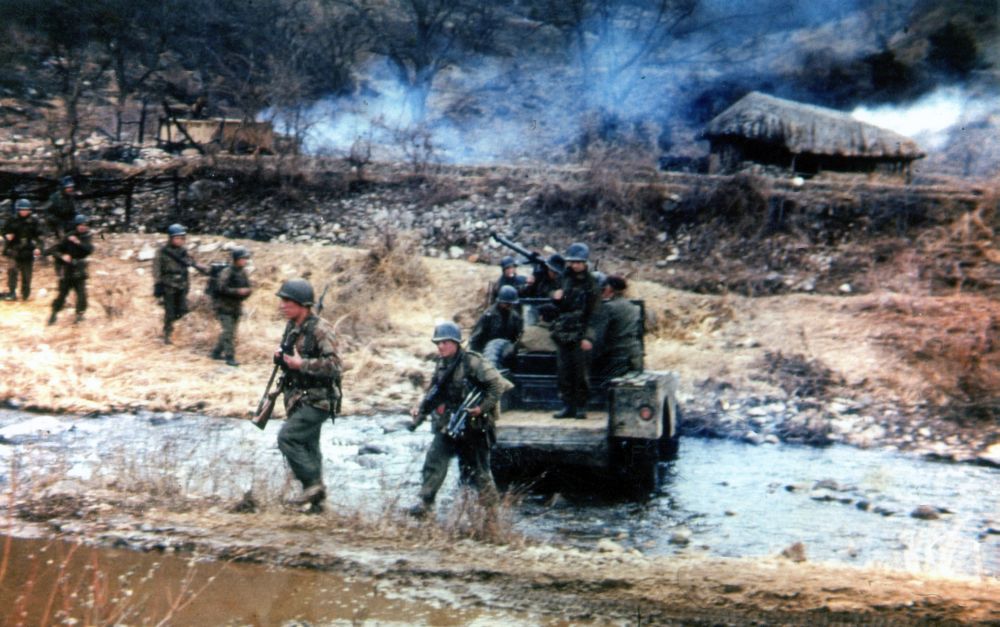
Credit: KVVKK
Belgian troops participated in three crucial battles. The largest was the Battle of the Imjin River, followed by the Battle of Haktang-Ni and the Battle of Chatkol.
Imjin would be one of the bloodiest engagements of the war. Dubbed "the battle that saved Seoul", UN forces (primarily from the UK and Belgium) faced off waves of Chinese troops as part of a brutal attack to attempt to turn the tide of the war. Under an onslaught of fire, Behr and his troops tried to hold the line and provide support to the embattled British.
In one of the most significant tragedies of the war, one of the constituent parts of Behr's 29th Infantry Brigade, the 1st Gloucestershire Regiment, was decimated at Hill 235 (later dubbed 'Gloster Hill') with only 63 survivors. Behr and his men attempted to liberate the encircled British forces but were ultimately pinned down by the intensity of the fighting.
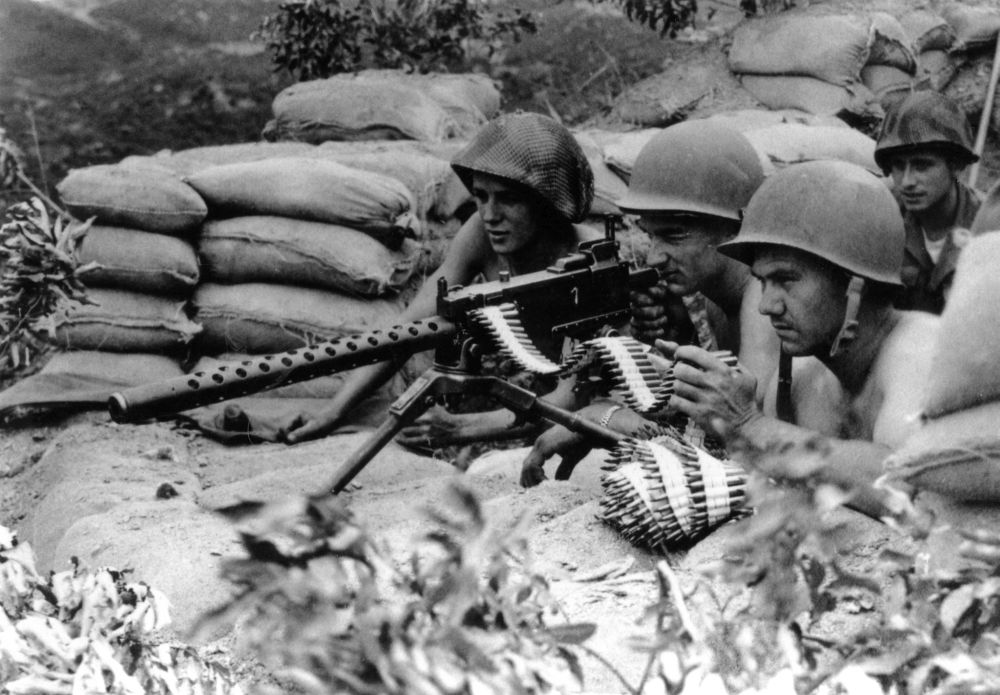
Credit: KVVKK
"We turned around to save the 'Glosters' but we came too late because we had to go all around the 3rd Infantry Division. There were 133 [Chinese] divisions which attacked the Glosters and the Nottinghams," Behr recalls. The Belgian battalion received a US Presidential Citation for its contribution.
After holding the line against the North for a year, the next major engagement of the Belgian volunteers was in Chatkol in April 1953. Belgian forces held a defensive position on the Iron Triangle (a key strategic point in modern-day North Korea) for two months.
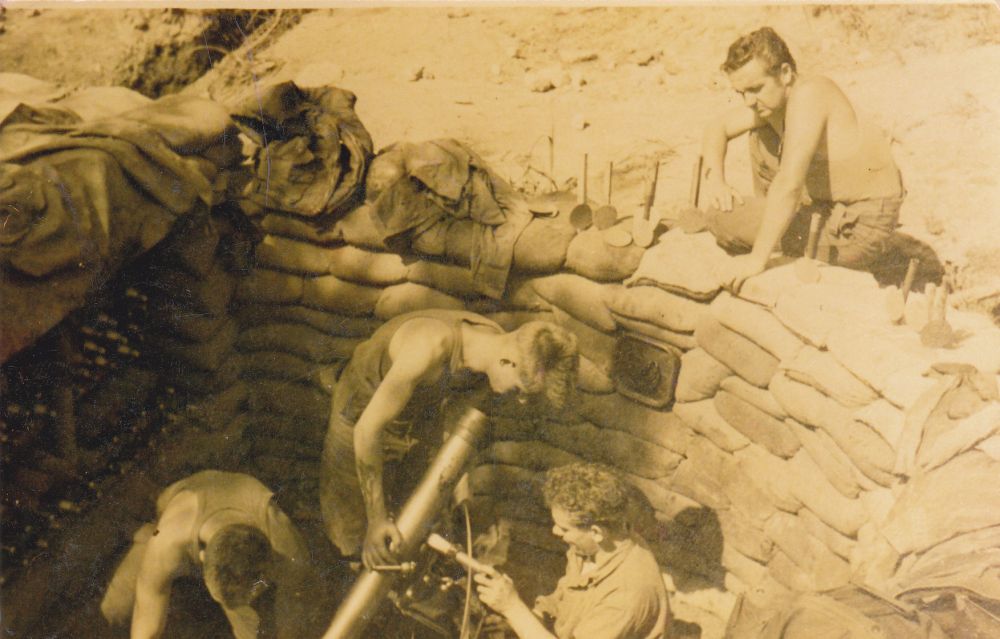
Credit: KVVKK
"Belgium lost a lot of people and they had to change companies because they were reduced to two platoons," Behr recalled. Alongside his fellow troops, he held positions on a mountain overlooking No Man's Land, facing repeated Chinese attacks.
At one point, a position held by seven Belgian troops was overrun by 100 Chinese troops. Five Belgians died and 17 were wounded: "Every night there was an attack. When Belgium's C and A company changed, the Chinese knew about it and attacked the C again... About 28 soldiers were killed in action and many were injured. I know that two people disappeared as well." Facing heavy casualties, the Belgians were eventually relieved of their positions by US forces.
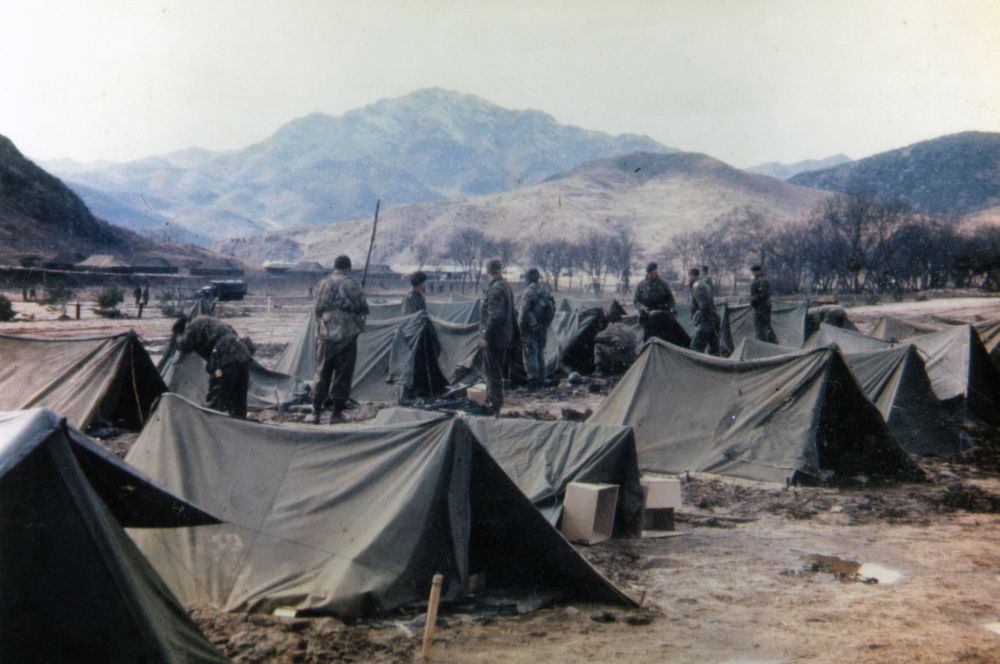
Credit: KVVKK
In 1953, after North Korea recaptured much of its territory with the help of the Chinese, the war concluded with a stalemate. Though a ceasefire was signed, both sides are technically still at war today.
The Korean Peninsula is separated, along with millions of families on both sides of the 'Demilitarised Zone' – the world's most militarized border between two nations.
The real cost of war
Like many from his generation, Behr shies away from talking about the human impact of the war. Up to three million civilians were killed and many UN soldiers as well. Reflecting on the event the elderly veteran tears up and asks to cut the recording device. Behr saw many comrades die or get injured. With fighting heavy with artillery and machine gun fire, the war left the veteran partially deaf.
Despite the stalemate, Behr does not regret his participation in the UN intervention. "We were happy about the ceasefire. We were happy for the children. It's what we were living for," he said, holding back tears. He recalls the poverty of the civilian population around the embattled cities and the vast numbers of children in orphanages.
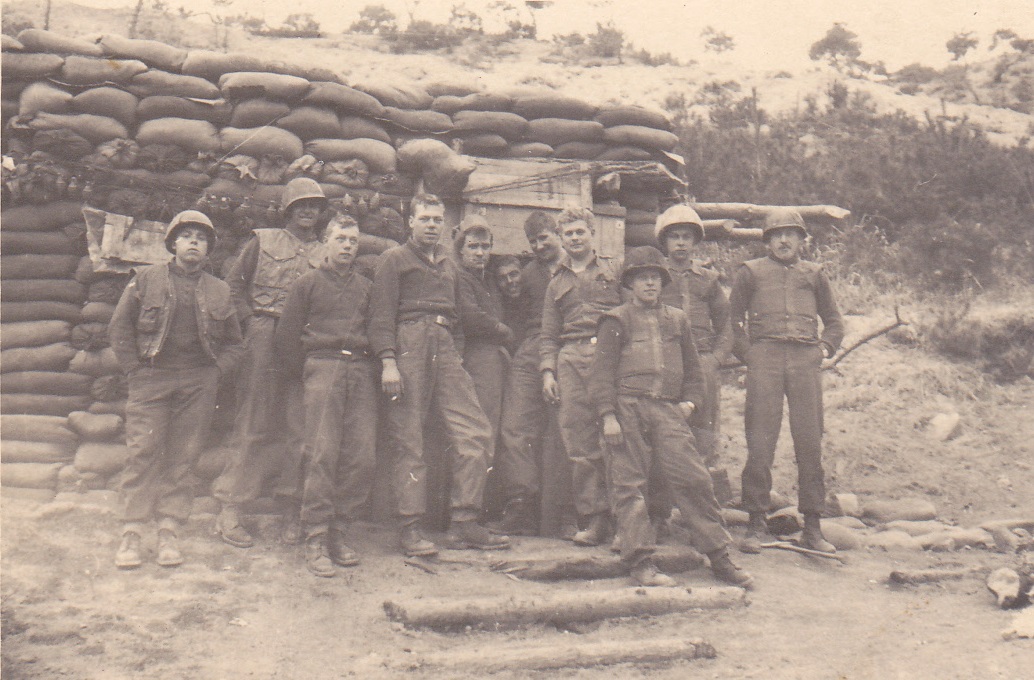
Credit: KVVKK
"The children were standing on the road in the winter with no shoes. Women were carrying their babies on their backs… If they didn't get food, they got sick. But they loved us."
While other nations greeted their UN troops with parades and congratulations, returning Belgians received a very different welcome. Behr looked visibly irritated about the government's treatment of his comrades.
"[Belgians] didn't even know what Korea was... People outside, they didn't know anything about it. They weren't interested in it, it was too far away," he lamented. "Some didn't even know we went."
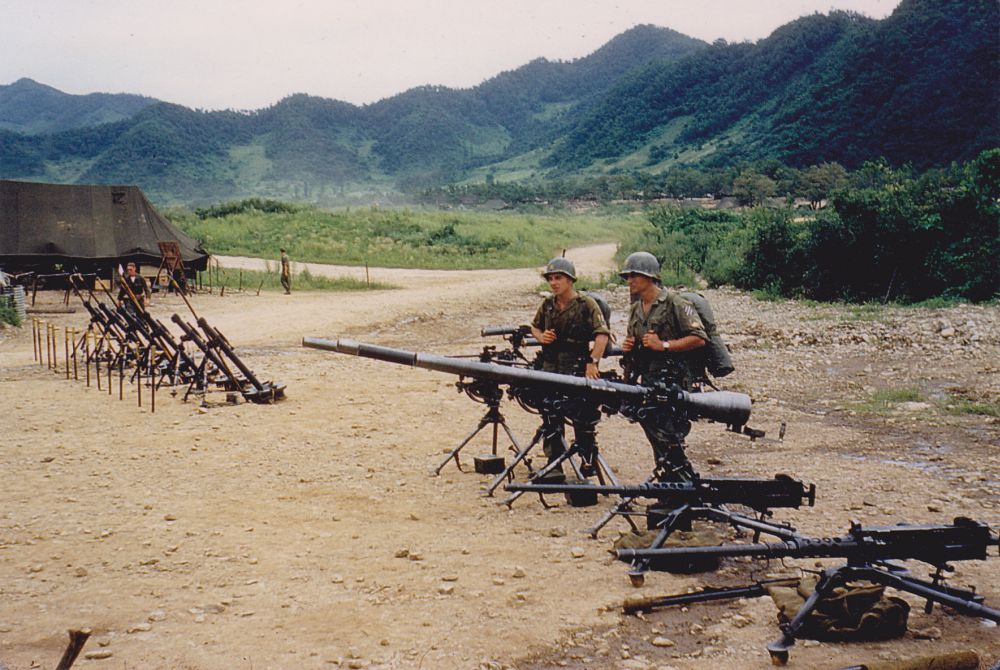
Credit: KVVKK
Keeping memories alive
However, some 9,000 kilometres away in South Korea, the sacrifice of Belgium's troops on the battlefield is remembered much more vividly. Several monuments and exhibits are dedicated to the Belgian sacrifice in the war.
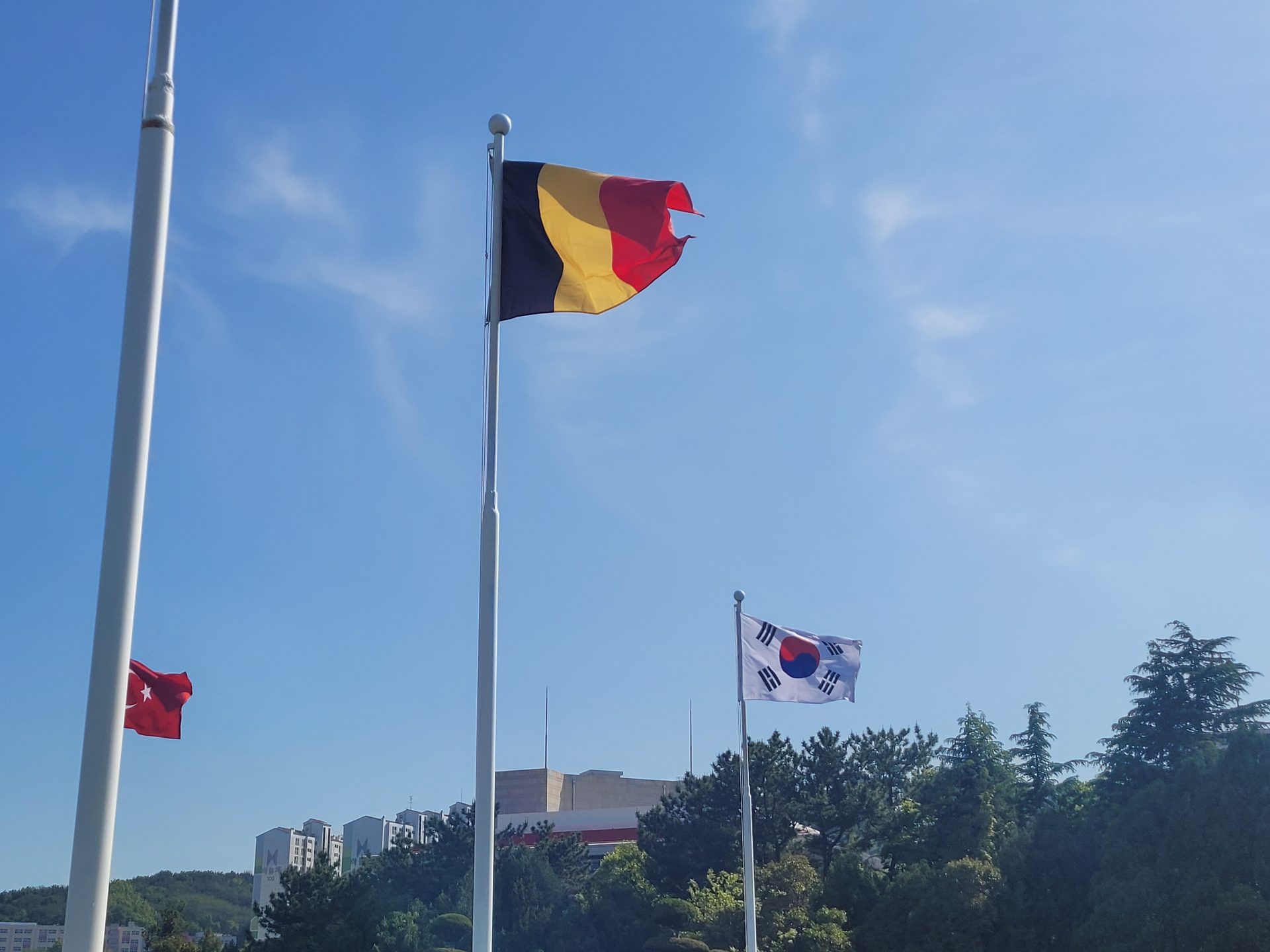
The Belgian flag flies at the UN Memorial Cemetery in Busan, South Korea. Credit: Dylan Carter / The Brussels Times
On the sidelines of the World Journalism Conference 2023, during a visit to the UN Memorial Cemetery in Korea (UNMCK), The Brussels Times spoke with Assistant Director of Public Relations for the UNMCK, Stephanie Hwang, on the Belgian contribution to the war.
"The UNMCK plays the role of more than just a cemetery. Our most important duty is to take care of the graves so that the UN forces who paid the ultimate price can rest in peace and solemnity." 11 allied nations help maintain the graves of the fallen soldiers.
While no Belgian bodies are interred at the site, the cemetery regularly holds ceremonies and hosts surviving veterans who come to pay their respects to their allied troops. "We greet them, guide them around the cemetery and try to be as hospitable as possible. The Belgian flag flying in the Symbolic Area in the UNMCK reminds us of the Belgian contribution."
The flag of Belgium flies alongside 21 other UN nations, the Korean flag and the UN flag, with the names of the 106 Belgian troops killed in combat also engraved on the Wall of Remembrance. A monument in Dongducheon, South Korea, is dedicated to the Belgian and Luxembourgish soldiers who fought and died for South Korean independence.
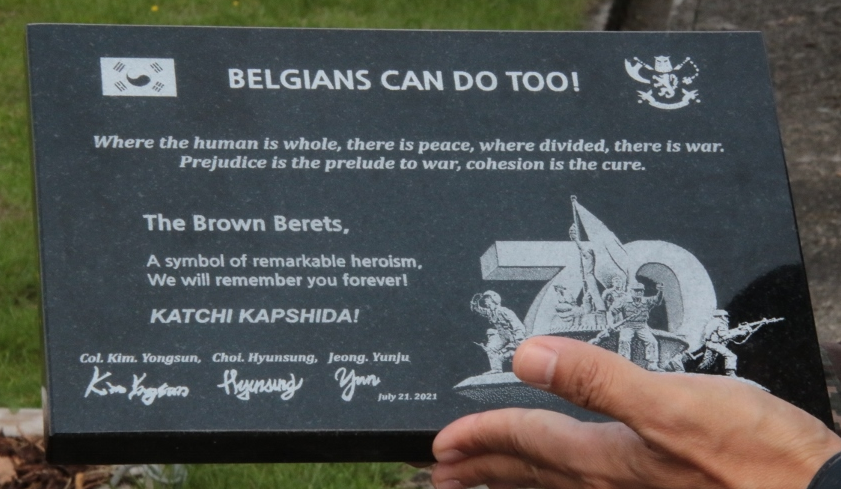
Credit: KVVKK
In Belgium, work is now underway to preserve the memory of the troops that fought and died in Korea. From his home, Behr has been actively petitioning the government to ensure that deceased veterans are buried in dignified graves.
Unlike for the two World Wars, there are no central cemeteries for soldiers killed in Korea and many graves have been left in disrepair, with 11 graves having already been destroyed. Behr is demanding the government to ensure that these grave plots cannot be destroyed by law.
The veteran says that these graves will likely soon be protected; volunteers are working to create military plaques which will be placed on the surviving graves across the country. While the graves of the troops in Flanders are well-kept, he regrets that in Wallonia they are often in poor shape.
In July, the veterans association and the Belgian army will commemorate the 70th anniversary of the Belgian participation in the Korean War, both in Tielen and at the Busan Memorial Cemetery.
